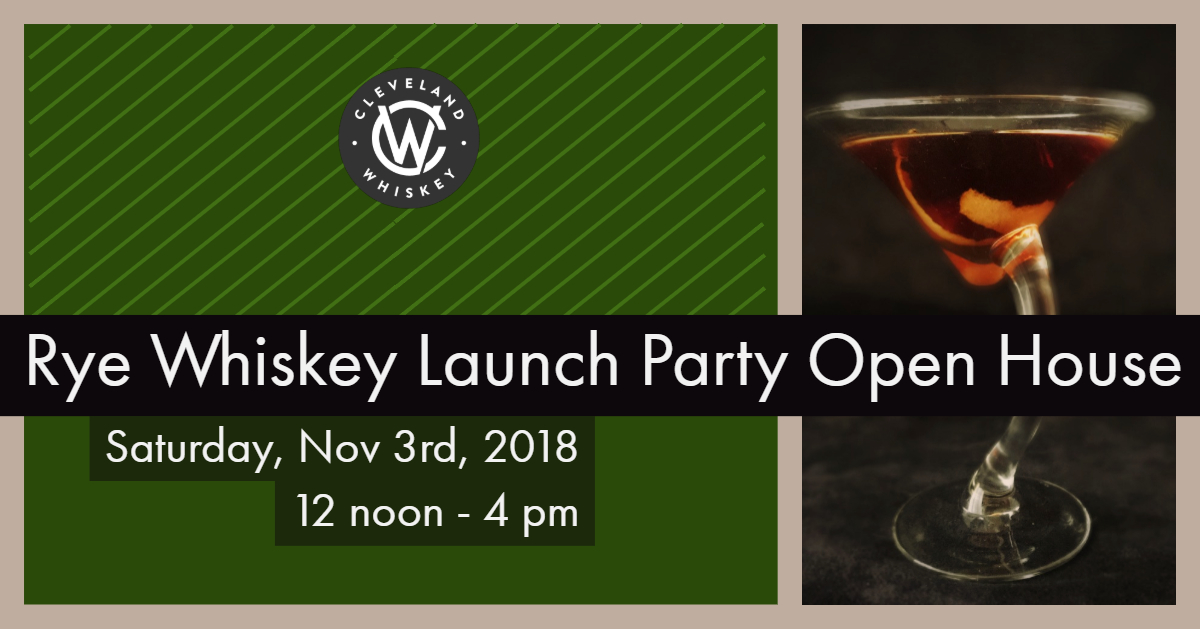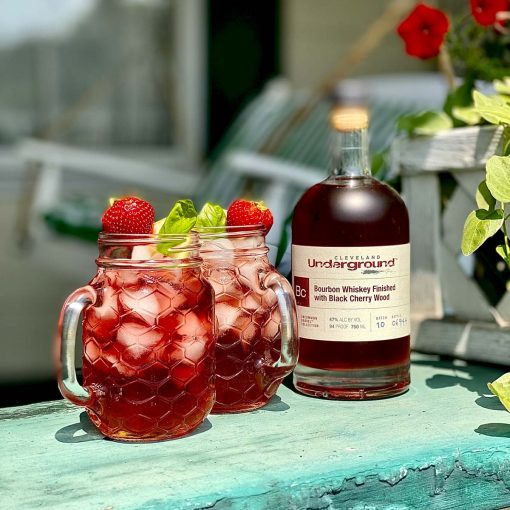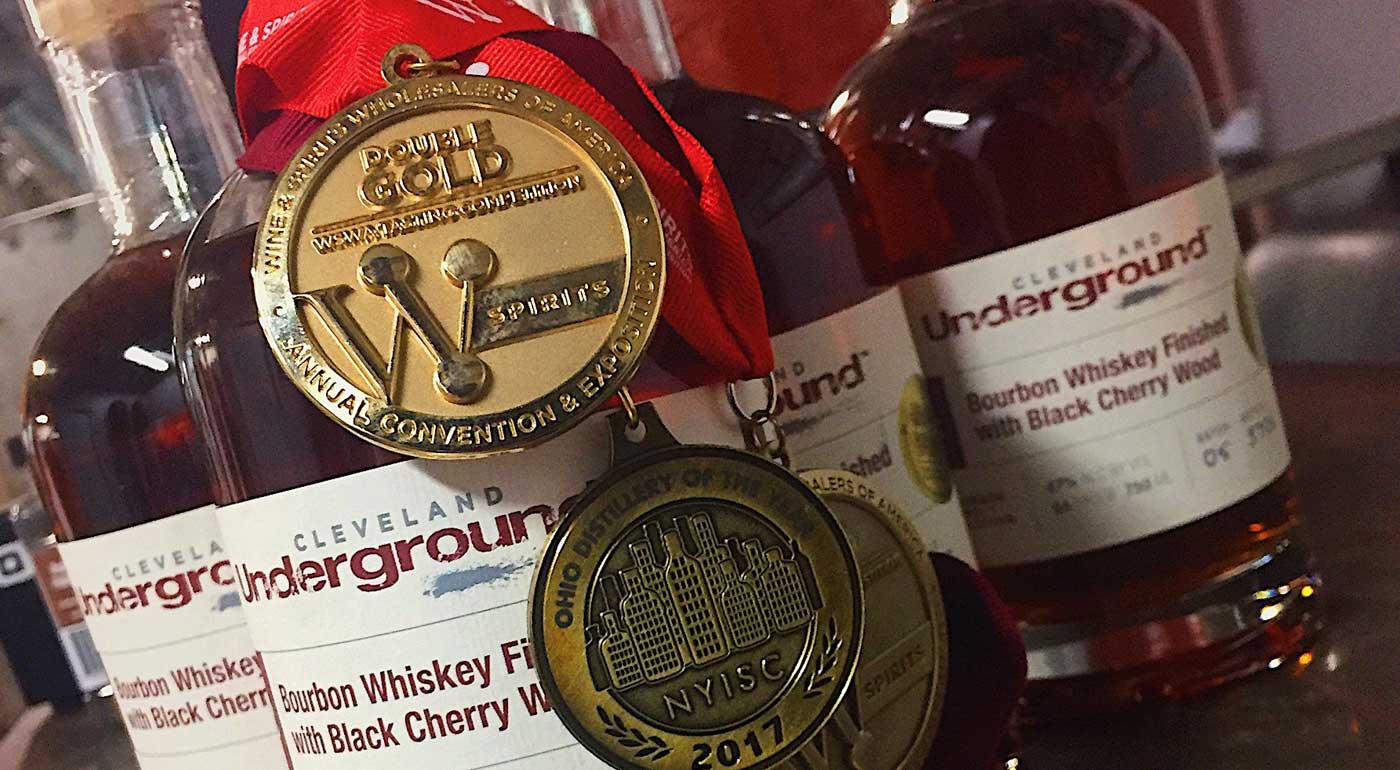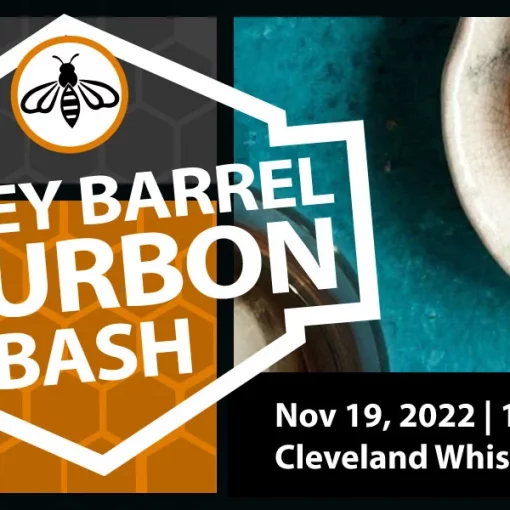
For National Bourbon Day, we learned what makes a whiskey a bourbon is the law. We also learned that I only used the spelling “whisky,” and some people got a little worked up. So what’s the difference between “whisky” and “whiskey?”
Some people will tell you “whisky” must be made in Scotland with malt… unless it’s made in Canada with rye. Some say “whiskey” refers to American style brown liquors made with corn, unless it’s made in Ireland with a combination of malted and un-malted barley.
Here’s the deal: according to the US Standards of Identity (27 CFR 5.22), it’s all “whisky.” That’s why I left the “e” out of “whiskey” in the article for National Bourbon Day: that’s how the law spells it.
My guess is the difference in spelling is nothing more than tradition, and though I feel tradition is way more important than the law. Looking at a map, we can see Ireland and Scotland are really close to each other. Both are making slightly different tasty spirits finished in oak barrels, so it would make sense that they would try to differentiate malted “whisky” from partially un-malted “whiskey” to sell their products accurately while not wasting time branding a new spirit called “half-malt bonanza.”
It’s all whisky or whiskey because what else do you call tasty giggle-juice distilled from nearly the same stuff in roughly the same geographical area, both finished in oak barrels? Whiskey and whisky both sound the same and face it: literacy wasn’t the “in” thing before the printing press. Also, standards were dubious at best. Depending on demand and season, it is easier to malt barley. When it was affordable to malt it: “whisky.” When they needed to meet business demands by blending in un-malted distillate: “whiskey.”
The patrons were probably ecstatic if it didn’t kill them, and the minor difference made it easy to educate the serving staff (just look for the extra letters: it’s still how I remember the difference between port and starboard). Therefore, “whiskey” and “whisky” are the same thing, just different styles bred out of different conditions with different people doing the work in different traditions spreading to new lands.
Now stepping into the 17th and 18th century, the English were doing the colonizing of North America, having already made their home islands submit to their authority. In other words: the English were “rich and powerful,” so they got the good stuff: that malt whisky.
The Irish, on the other hand, had the tradition of playing with different mashes to make their barrel-filling juice. But when they came to America, they were ridiculed, so they pushed into the more remote areas of America at that time: Kentucky. Corn grows well in Kentucky, and since the Irish were used to making what they wanted with what they could get, putting that in a barrel, and because it wasn’t made entirely of malted barley… they called it “whiskey.” You could say Bourbon is an Irish-style corn dominate whiskey distilled in America and barreled in new charred oak at no more than 125 proof.
And here’s where Canada comes in. French and English settlers had to embrace the hearty rye grain because that’s what grew the best. Even though the mash wasn’t entirely malted barley, they probably called it “whisky” because the English were around to buy it and liked the idea of tipping back something fancy. All the French knew is it sure as hell wasn’t cognac.
Now we come to 27 CFR 5.22: who wrote the first American laws? People of English descent.
Whisky is whiskey, just different in tradition and regardless the spelling, it’s all frisky. Or friskey?
Rules are boring.




